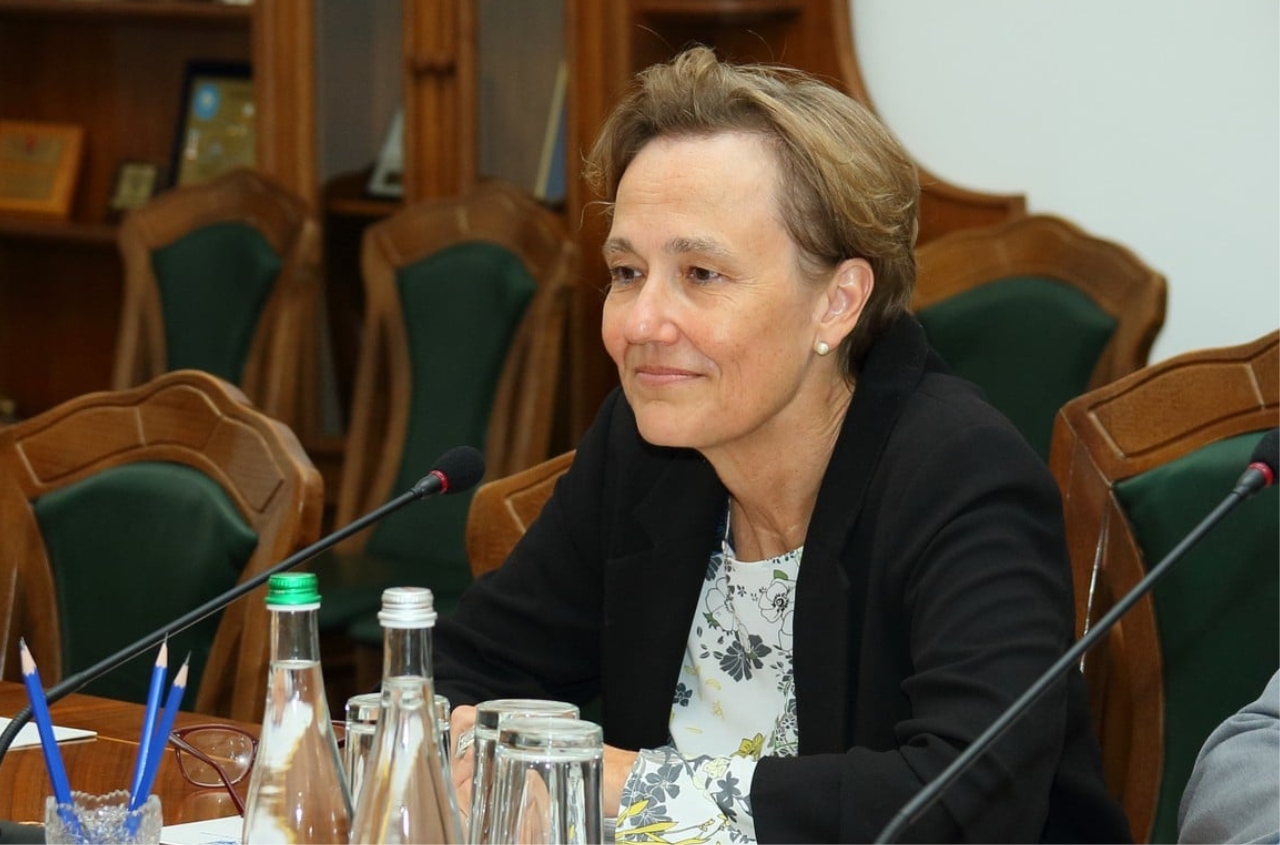The Ministry of Digital Transformation, in collaboration with its partners, conducted a study on the digital literacy of Ukrainians. The goal of the study was to track the dynamics of skills and knowledge related to the use of information technologies and electronic devices, analyze the impact of the economic situation on the level of digital security, and identify directions for further development of digital skills among citizens.
The Ministry of Digital Transformation conducts such research every two years, starting from 2019.
"One of the priorities of the Ministry of Digital Transformation is the development of digital skills among Ukrainians. We launch projects and initiatives to improve these indicators. In particular, we have created the Digital Competence Framework, launched the national platform DÑ–ya.OsvÑ–ta, organized digital education hubs throughout Ukraine, and created the Cyfrogram. Over 4 years, the share of people with digital skills has increased by 13% and now stands at 60%. We continue to develop human capital despite the full-scale war in Ukraine. Therefore, digital literacy and education of Ukrainians remain our priorities," said Vice Prime Minister for Innovation, Education, Science, and Technology — Minister of Digital Transformation Mykhailo Fedorov.
The level of digital skills among Ukrainians is showing a tendency to increase. According to this year's study, 93% of the adult population aged 18 to 70 in the country possess digital skills in general.
"One of the conditions for our integration into the EU is the digitization of state processes. Implementation of this is not possible without citizens who possess digital skills and are ready to receive services online. That's why we launched the DÑ–ya.OsvÑ–ta platform — the first large-scale project in Ukraine aimed at raising the level of digital literacy among Ukrainians. According to the results of this year's study, the indicator of the adult population with digital skills below the basic level has increased by 12.6% compared to 2019, reaching 40.4%. Also, the percentage of the population that lacks any skills has decreased by half, compared to 2019, and now stands at 7.2%," noted Valeriya Ionan, Deputy Minister of Digital Transformation for European Integration.
The full-scale invasion served as a trigger for consolidating and developing existing digital skills. In particular, 56% of respondents see positive changes in their own digital literacy.
"Ukraine is already being called the 'European tiger of digitization,' all thanks to the digital solutions implemented by the Ministry of Digital Transformation in collaboration with its partners. However, technologies are worthless if people don't use them. Currently, Ukrainians of various ages are already receiving online services, paying utilities, watching educational series, and even making donations. The progress in digital skills in recent times is significant. Regular research helps us accelerate it," emphasized Viktor Lyakh, President of the East Europe Foundation.
For the first time, the study explored how the level of digital literacy influences career growth and wages. According to the obtained results, 85% of respondents acknowledged that people with a higher level of digital skills have more opportunities for career advancement. Additionally, 82% of study participants emphasized that such skills are an important factor in obtaining prestigious and promising employment.
"In addition to the steady development dynamics of digital literacy in the country, we observe the improvement of digital skills among various population groups. More than half of Ukraine's adult population notes positive changes in their own digital skills, and among the youth, this is the case for 3 out of 4 respondents. If the spread of digital skills occurred during the COVID period, their rooting and deepening are observed now, after the start of Russia's full-scale invasion of Ukraine. The more relevant question now is not how many Ukrainians have digital skills but how well-formed these skills are and how quickly they are improving," noted Nadiya Kuzmychova, CEO of MLS Group.
During the study, Ukrainians identified the most common measures for safe internet use, including using complex passwords, using antivirus software, and two-factor authentication.
The research also revealed that over the past 2 years, the number of those facing network security issues has increased by 14%.
The results of the study can be found at the following link: https://osvita.diia.gov.ua/research
The research was conducted at the initiative of the Ministry of Digital Transformation of Ukraine with the support of the Swiss-Ukrainian EGAP Program, implemented by the East Europe Foundation and funded by Switzerland.





















